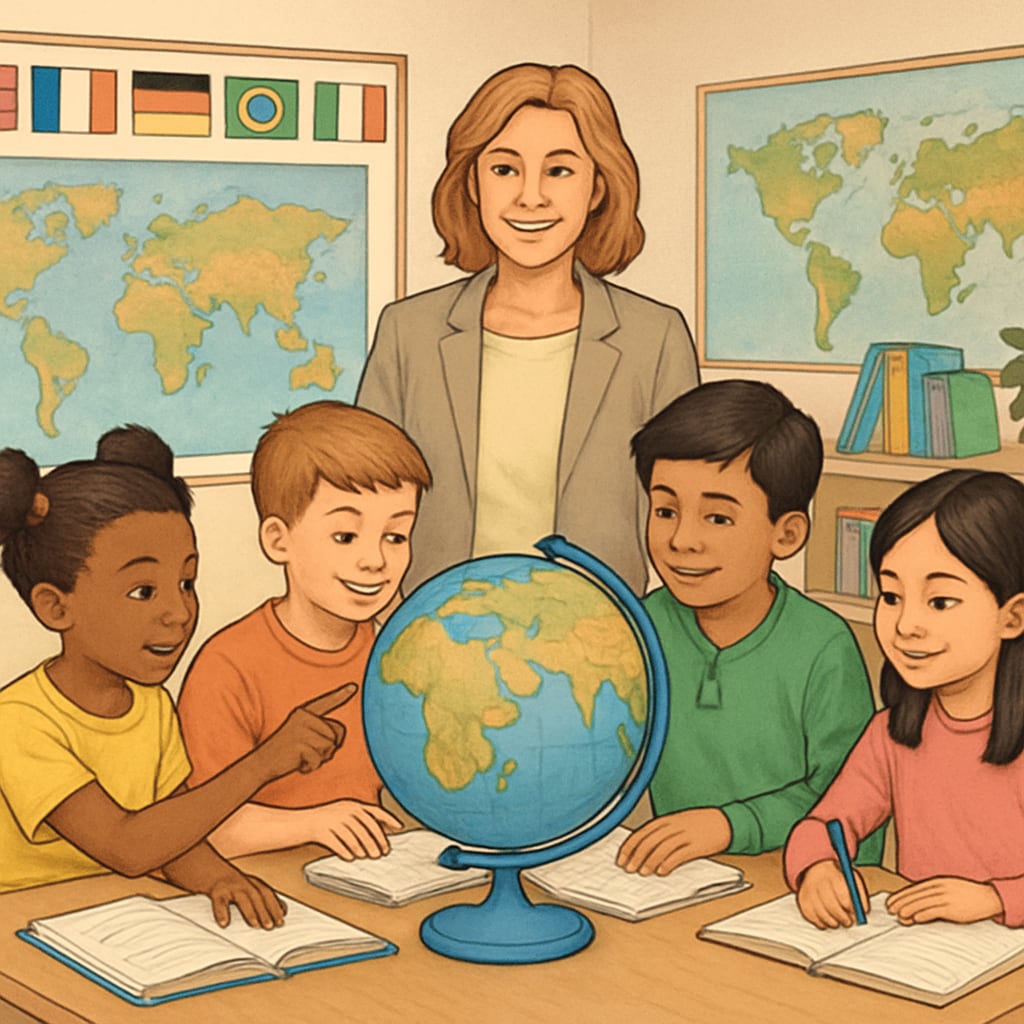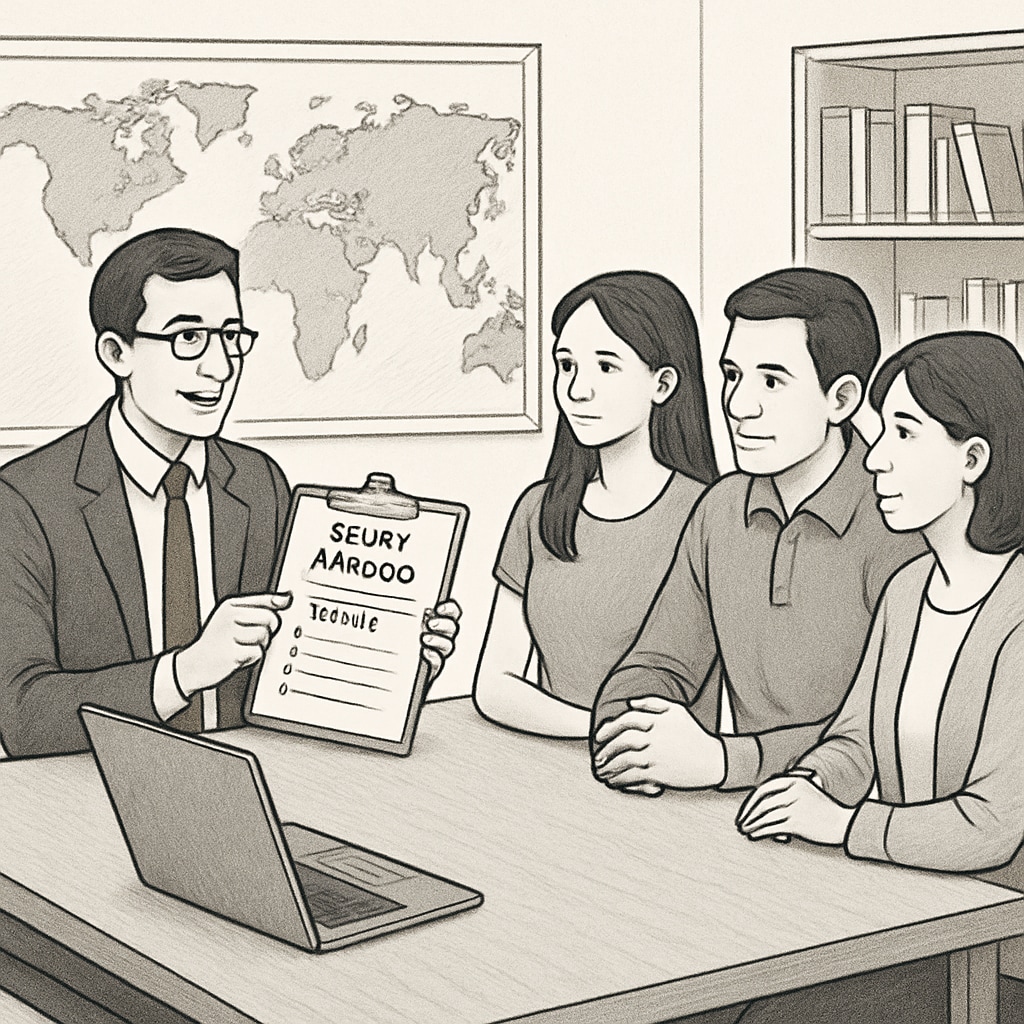The increasing interest in applying for U.S. master’s programs has driven many families to seek guidance from specialized agencies. However, true success in study abroad applications often begins much earlier — during the K12 years. By fostering global perspectives and academic competitiveness during this critical stage, parents can help their children build a strong foundation for future international education. This article explores effective strategies for preparing children for overseas studies while offering practical tips for selecting educational resources and agencies.
Why K12 Education Is Critical for Global Competitiveness
K12 education plays a pivotal role in shaping a child’s academic performance, cultural awareness, and adaptability — all essential traits for succeeding in international academic environments. Developing these qualities early can make the transition to higher education abroad, such as U.S. master’s programs, far smoother. For example, exposure to international curricula, language proficiency programs, and extracurricular activities focused on global issues can significantly enhance a student’s portfolio.
Furthermore, a well-rounded K12 experience encourages students to think critically and collaborate across cultural boundaries. These skills are highly valued by admissions committees at top universities.

Key Strategies for Parents to Foster Study Abroad Competitiveness
Parents play a crucial role in guiding their children’s educational journey. Here are some actionable strategies:
- Invest in language proficiency: Fluency in English is vital for studying in the U.S. Parents can enroll their children in advanced language courses or encourage participation in activities like debate clubs or essay competitions.
- Embrace international curricula: Schools offering International Baccalaureate (IB), Advanced Placement (AP), or other globally recognized programs provide a rigorous academic framework aligned with international standards.
- Encourage extracurricular involvement: Participation in Model United Nations (MUN), volunteering, or science fairs can demonstrate leadership and a commitment to global issues.
- Promote cultural awareness: Travel opportunities, cultural exchange programs, or even hosting international students can deepen cultural understanding and adaptability.
By integrating these strategies into a child’s educational path, families can ensure that their children are well-prepared for the challenges and opportunities of studying abroad.
Choosing the Right Agency for U.S. Master’s Applications
When the time comes to apply for U.S. master’s programs, many families turn to specialized agencies for guidance. However, selecting the right agency requires careful consideration:
- Research expertise: Look for agencies that specialize in U.S. master’s programs and possess a track record of successful placements.
- Assess transparency: Ensure the agency provides clear information about costs, timelines, and services offered.
- Check reviews and referrals: Speak to other families who have used the agency to gauge their satisfaction with the process.
- Understand personalized support: Agencies offering tailored guidance, such as essay editing and interview preparation, often deliver better results.
While agencies can be helpful, families should also be proactive in understanding the application requirements and deadlines for U.S. universities.

Balancing Ambition with Realistic Planning
While the goal of studying abroad is ambitious, it’s essential for parents to balance their aspirations with realistic expectations. The process can be challenging, involving financial planning, academic preparation, and emotional readiness. Families should focus on long-term development rather than rushing the process.
In addition, parents should be mindful of their children’s individual interests and strengths. Tailoring the educational pathway to align with these factors can lead to more fulfilling and successful outcomes.
For example, a student passionate about environmental science may benefit from extracurricular activities focused on sustainability and internships at ecological organizations. Aligning academic pursuits with genuine interests creates compelling applications for U.S. master’s programs.
Conclusion: A Holistic Approach to Study Abroad Success
By cultivating global perspectives and academic excellence during the K12 years, families can lay a strong foundation for future study abroad opportunities, including U.S. master’s programs. Careful planning, proactive involvement, and strategic use of educational resources can make the journey smoother and more rewarding. When selecting agencies for application assistance, it’s important to prioritize expertise, transparency, and personalized support.
Ultimately, preparing for study abroad is not just about securing a foreign degree; it’s about equipping children with the skills and mindset to thrive in a globalized world.


